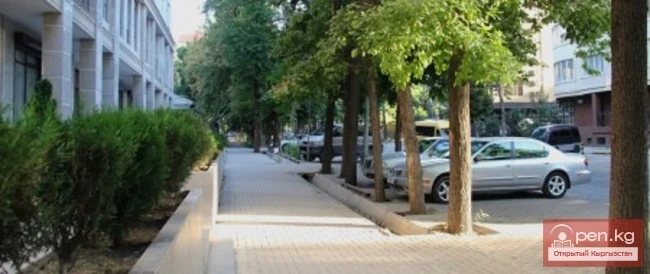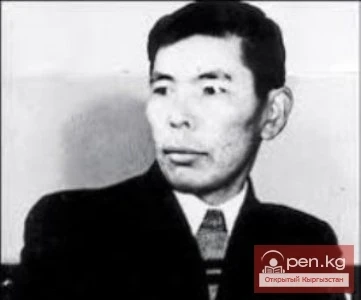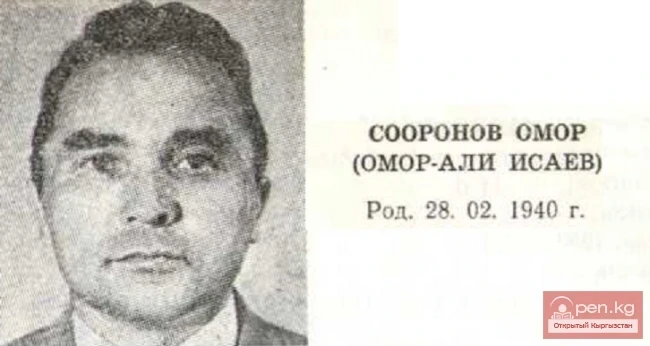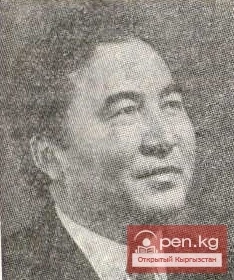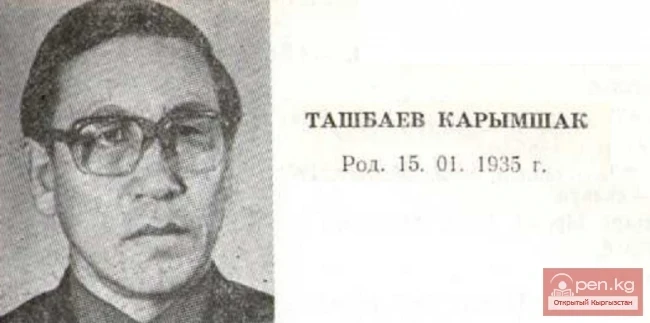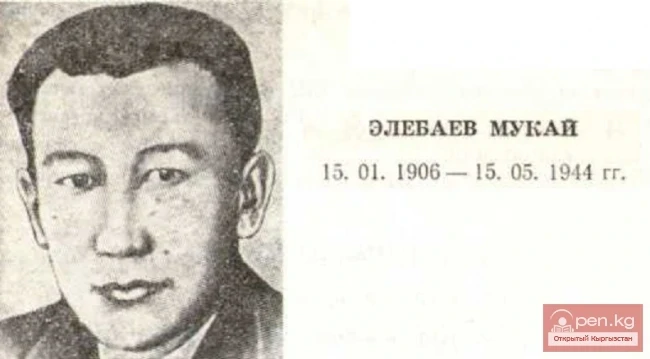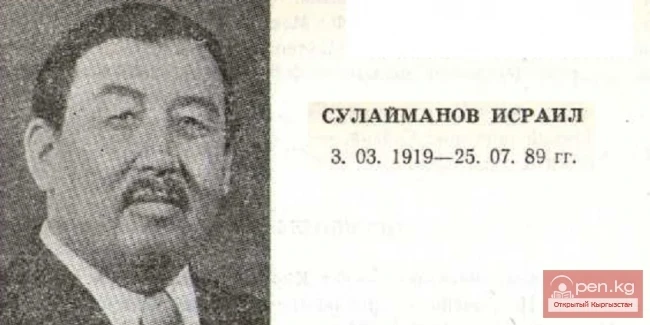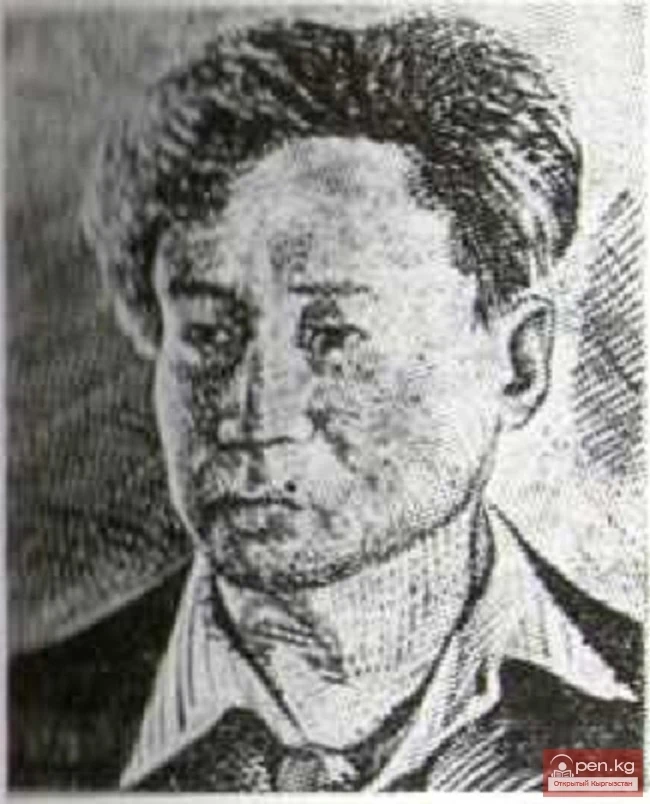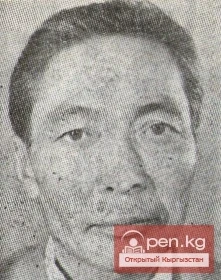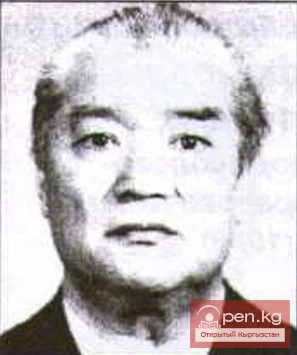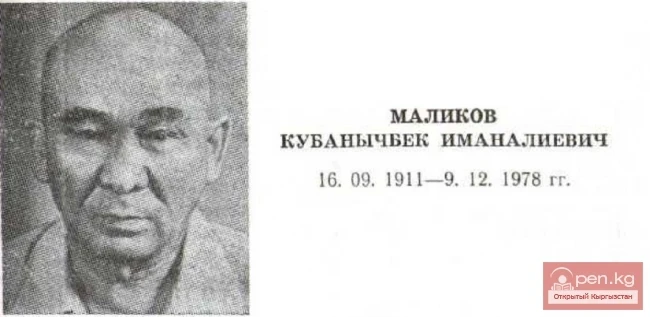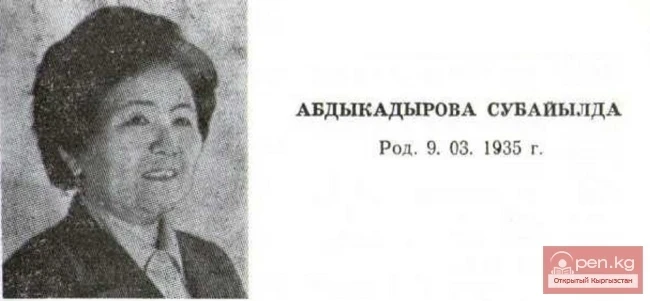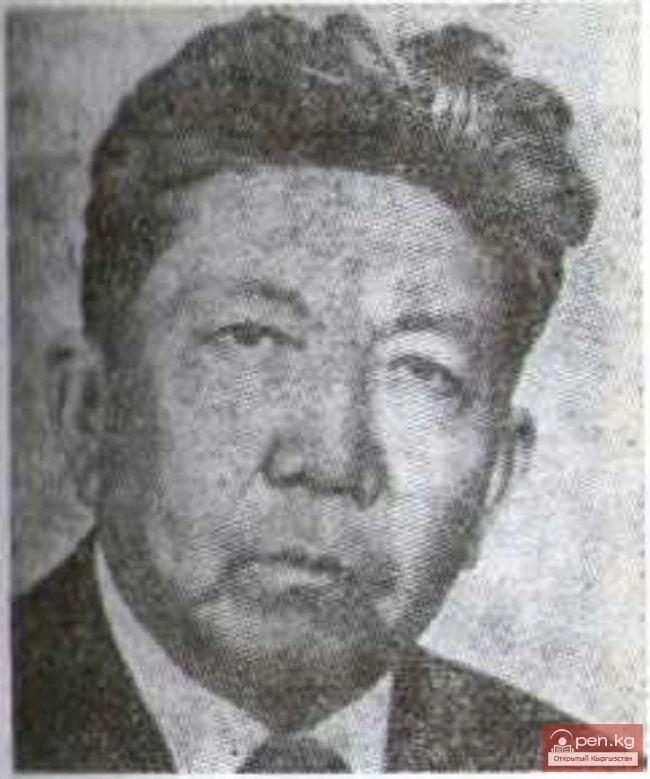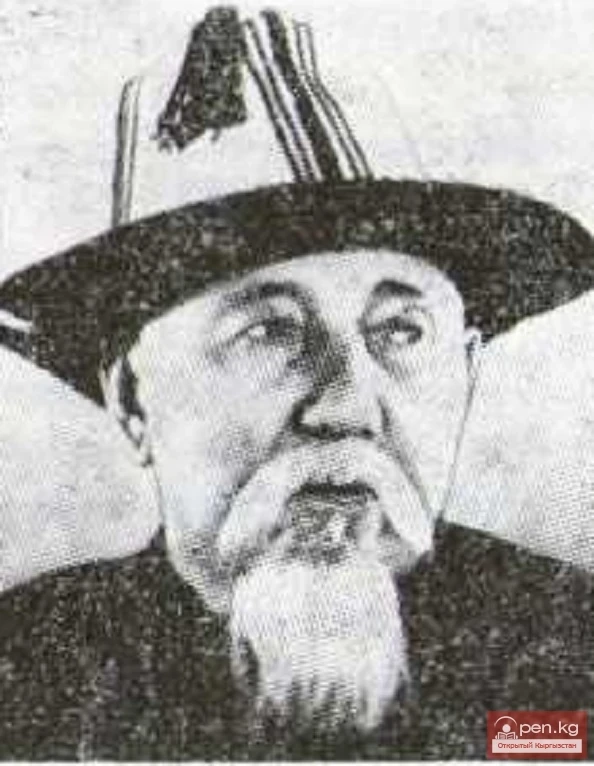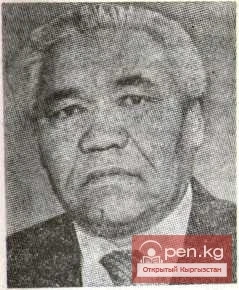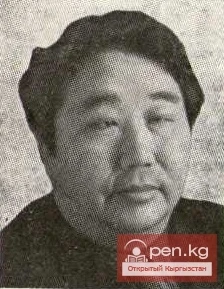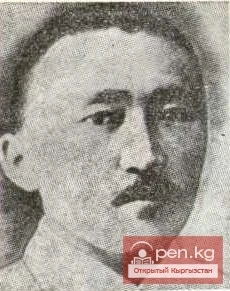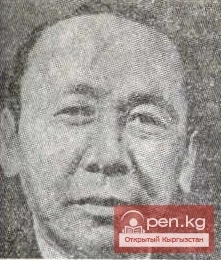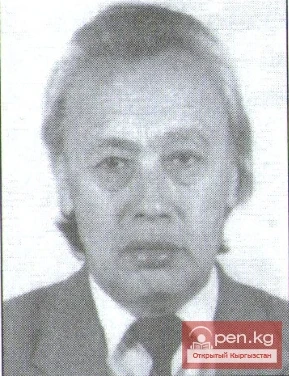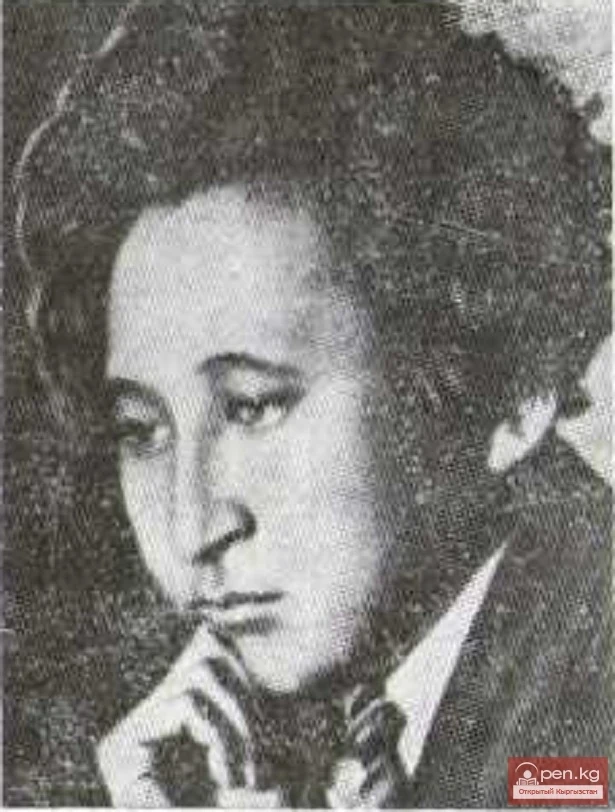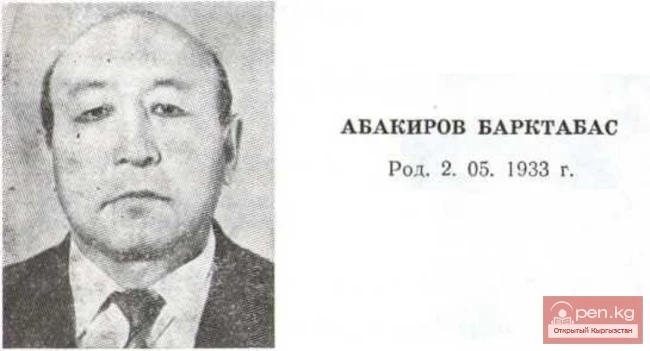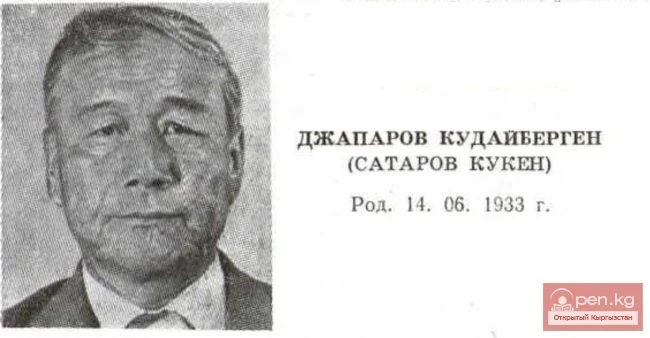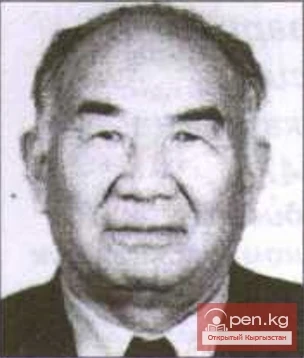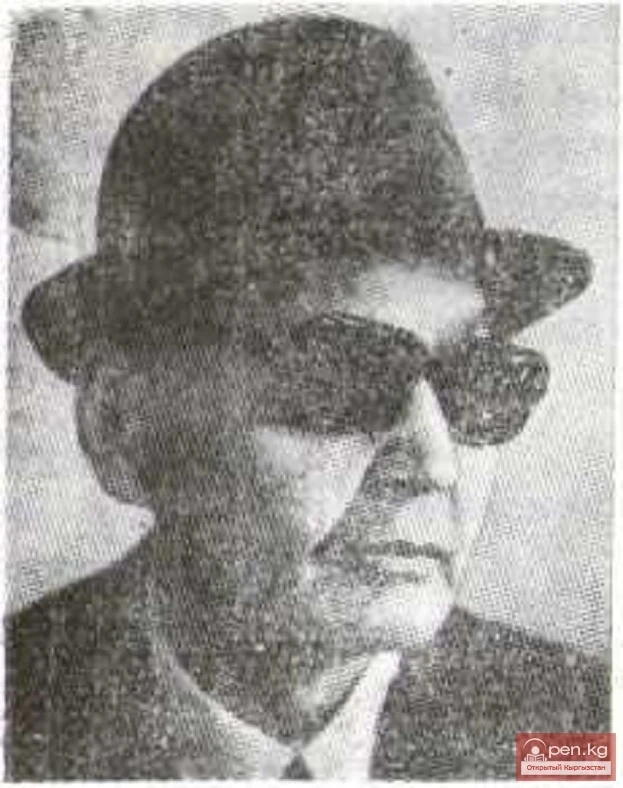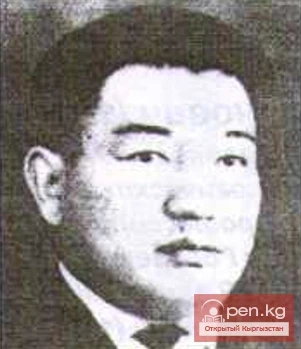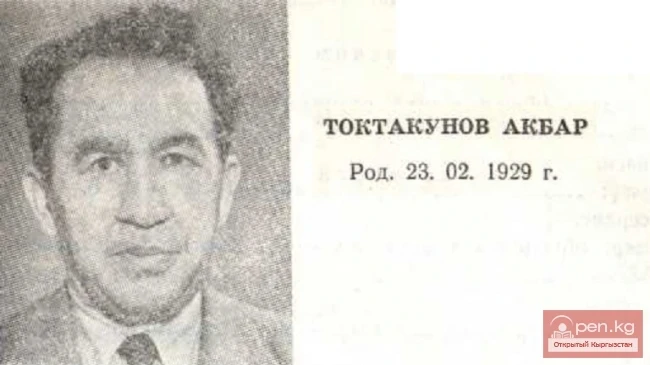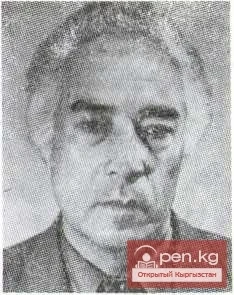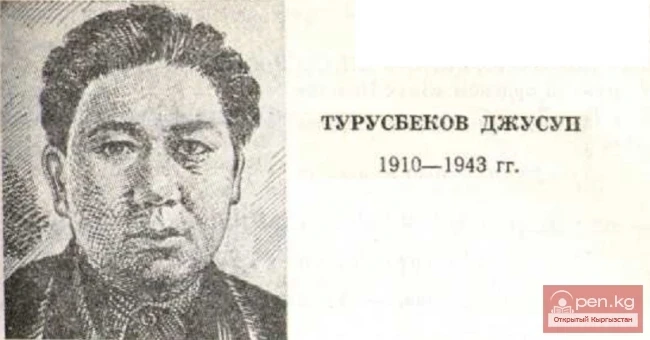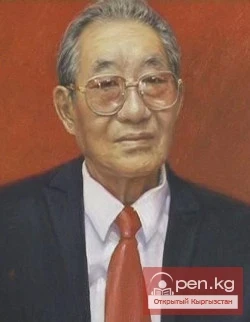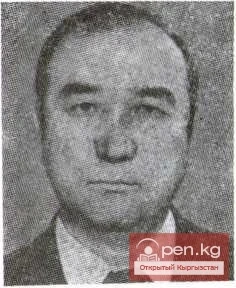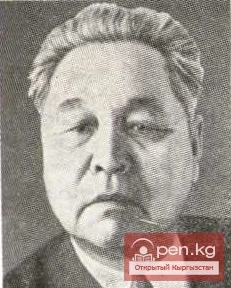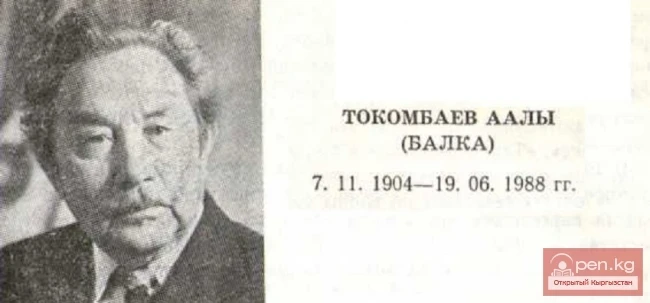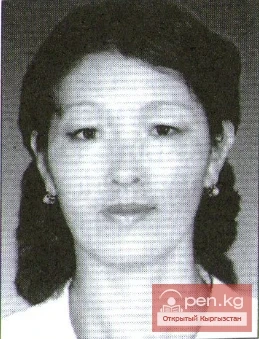THIS IS WHERE "DUNGANOVKA" BEGAN
The street stretches from north to south from the Big Chui Canal to the railway line. Until 1924, it was named Georgievskaya, then it became Pushkinskaya. In 1938, it was renamed and received the name Molotov, and since 1957 it has been called 40 Years of October.
Most of the street is lined with one-story residential houses. If you look closely at them, you can see signs of former blind, windowless, adobe Dungan houses, which have now been remodeled in a European style. This is especially noticeable in the area from Lenin Avenue to Moscow Street.
These houses have been preserved since the time when more than 200 Dungan families began settling in Pishpek in 1882-1883, forming the settlement "Dunganovka".
There are no industrial enterprises on the street, nor are there any trolleybus or bus routes. It remained, so to speak, in its original state for a long time, being developed with one-story houses.
Before the Great Patriotic War, only two two-story buildings were constructed - the land management technical school and a school. During the war and in the early post-war years, the technical school building and other attached buildings housed a military hospital, and then, starting in 1959, it became the newly organized Kyrgyz Scientific Research Institute of Oncology and Radiology. In the 1970s, the Central Ambulance Station was relocated here, while the institute received new premises beyond the railway line.
In the late 1960s and 1970s, fundamental transformations began on the street. Multi-story residential and administrative buildings appeared. In 1967, a modern building of an intercity automatic telephone station was erected at the corner of Lenin Avenue, which operates on 90 channels. A subscriber can connect with 29 cities in the country. About 5,000 calls are made daily.
In the building combined with the House of Household Services, the Ministry of Household Services was located. In 1971, a five-story building of the Ministry of Motor Transport and Highways was put into operation (architect G. Kutateladze). North of Lenin Avenue, a four-story building of the Ministry of Rural Construction was built in 1981.
Behind the buildings of the Central Ambulance Station, a park was established in 1981, up to Muratbek Ryskulov Street, in the center of which a monument to the great Russian writer A. M. Gorky was erected on August 20. The monument is a granite figure of the writer leaning against a vertical stele - a bookshelf. The concise inscription on the pedestal - "M. Gorky" is made in the form of the writer's facsimile (sculpture authors Y. Chernov - People's Artist of the RSFSR and architect, Lenin Prize laureate G. Isakovich, with the participation of architect U. Alymkulov).
In the autumn of the same year, trees and flower beds were planted here, transferred from the Labor Glory Square, where the construction of the V. I. Lenin Museum is planned. Large blue and Tien Shan firs, birches, a whole rose garden, and flower beds found a new home.
The upper part of the street was renovated and paved in 1981.
By the way, when the city districts were formed in March 1938, part of the border of the Proletarian District passed along the street (Proletarian - within the boundaries to the west of Pushkinskaya Street to the south of Frunze Street. May Day - within the boundaries to the east of Pushkinskaya Street to the south of Frunze Street).
Losev D. S., Kochkunov A. S. What the Streets Tell
Streets of Bishkek
